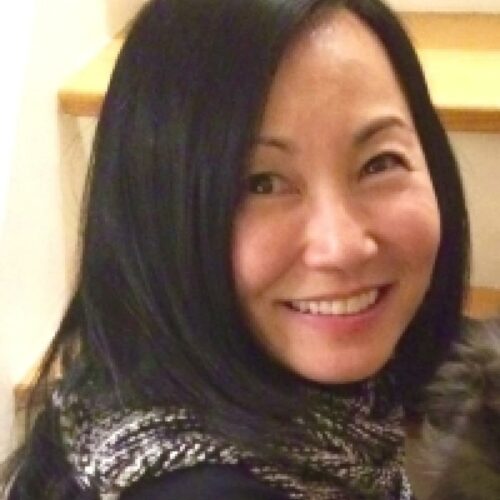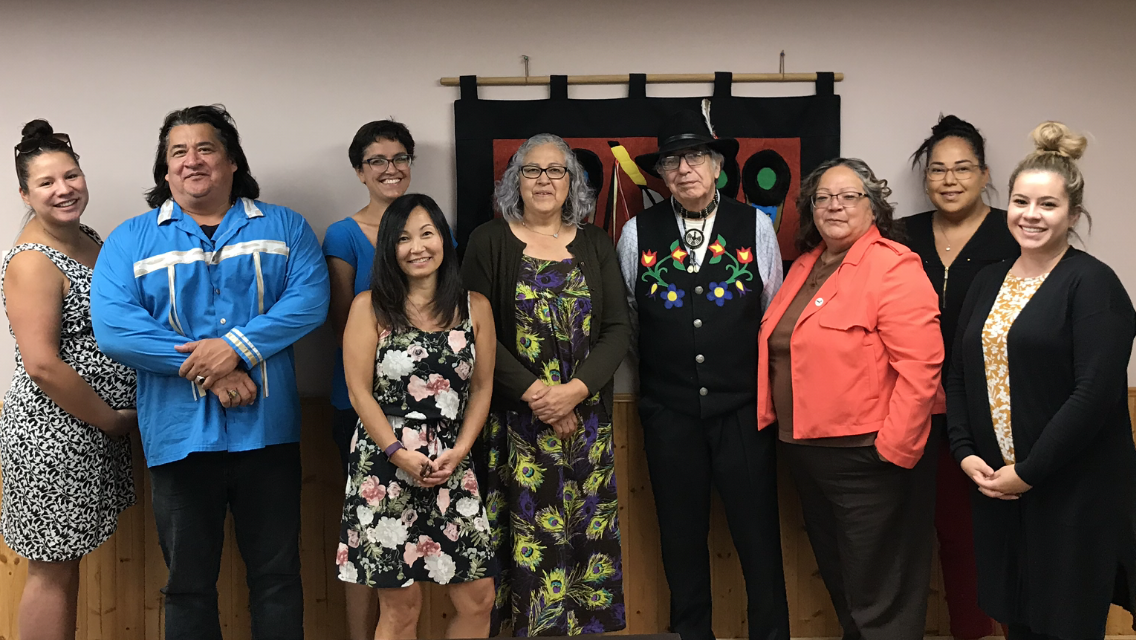Sherry Fukuzawa

Sherry Fukuzawa
Assistant Professor, Teaching Stream
Anthropology
“Students engaged in Anthropology and Indigenous Peoples of Turtle Island (ANT241H), an Indigenous Action Group (IAG) community-led course, have said that the course has changed their lives in terms of their academic trajectory, personal growth, civic activism and responsibility to the Truth and Reconciliation Commission (TRC). Most students who have taken ANT241H say the positive impact of this course comes from learning and engaging directly with the local Indigenous community members. Such aforementioned Indigenous pedagogy is based on relational responsibility and reciprocity. Thus, community-engaged learning is more than practical experience for students – it is about building relationships so future generations can work together for reconciliation.”
SHERRY FUKUZAWA

